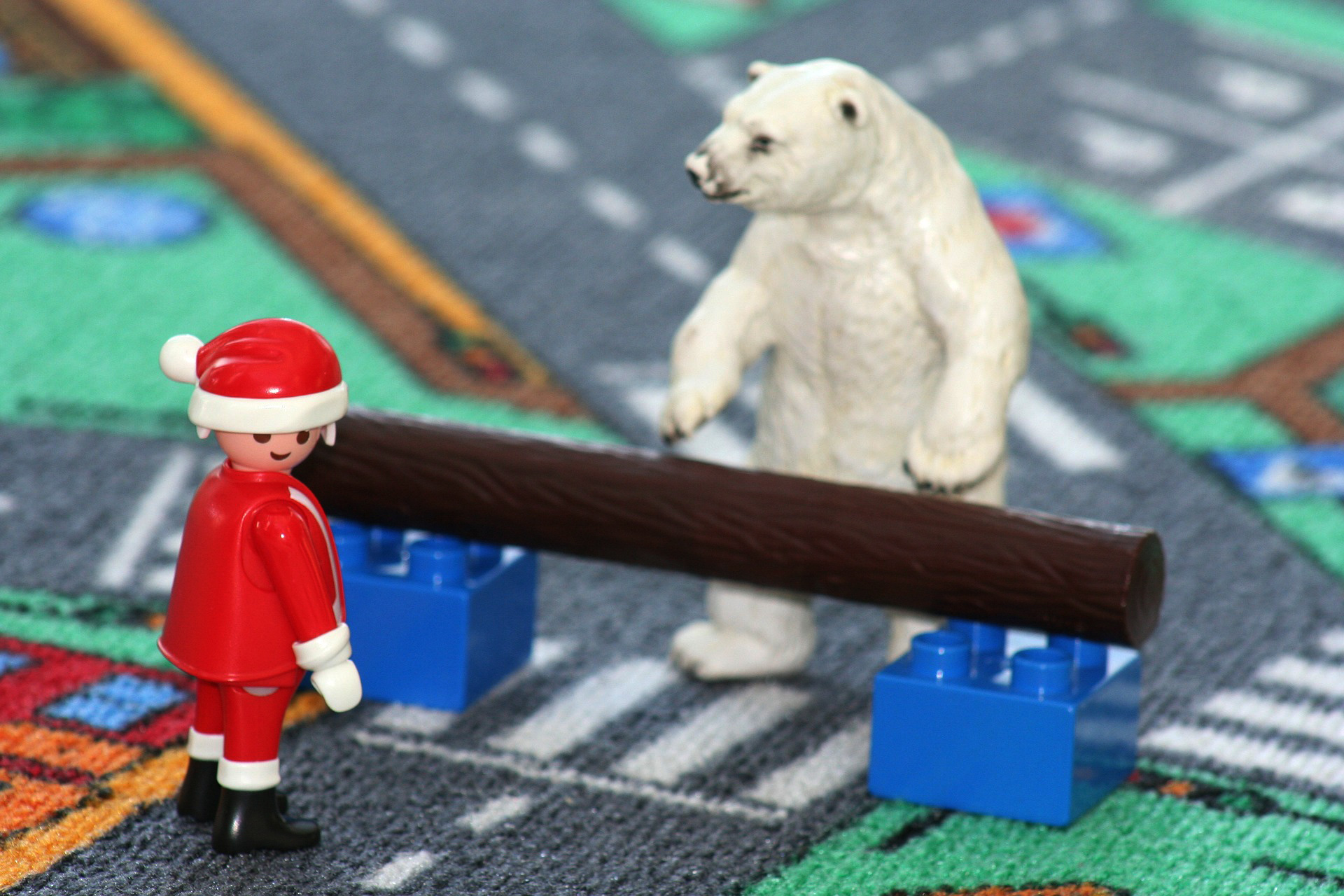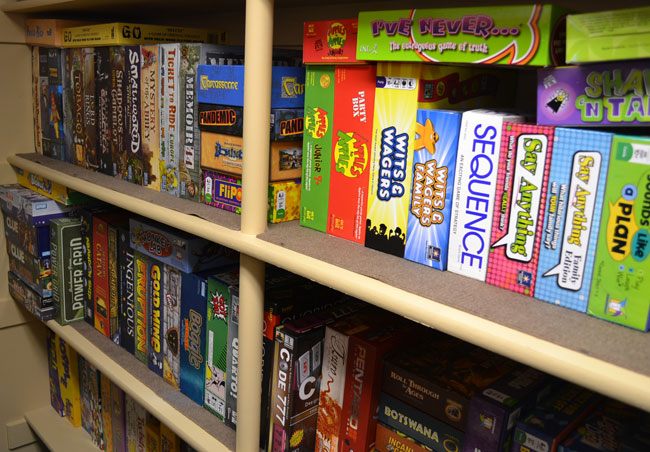 This blog post is for parents who would prefer not to sound like Ben Stein’s class in the iconic John Hughes’ comedy from the 1980’s, Ferris Bueller’s Day Off. “Anyone…anyone?” As your child moves through his or her speech therapy goals, being involved for even a few minutes, three to five times per week, can be enormously beneficial. This is especially true when your child is in the process of practicing a new speech or language behavior that he has learned, but has not yet mastered. Because our children have a lot on the plates, and we as parents don’t want to overwhelm them, I recommend embedding this home-based speech practice into what they already are doing. This often takes the form of games or other overtly play-based activities, as opposed to worksheets, books or anything that could be construed as “work.” Since each age group tends to have different play interests, this post is organizes the choices of games for practicing speech sounds according to age, from birth to age 3, preschool age (age 3 to 5), school age (age 6 to 9), and pre-adolescents (age 10 to 14).
This blog post is for parents who would prefer not to sound like Ben Stein’s class in the iconic John Hughes’ comedy from the 1980’s, Ferris Bueller’s Day Off. “Anyone…anyone?” As your child moves through his or her speech therapy goals, being involved for even a few minutes, three to five times per week, can be enormously beneficial. This is especially true when your child is in the process of practicing a new speech or language behavior that he has learned, but has not yet mastered. Because our children have a lot on the plates, and we as parents don’t want to overwhelm them, I recommend embedding this home-based speech practice into what they already are doing. This often takes the form of games or other overtly play-based activities, as opposed to worksheets, books or anything that could be construed as “work.” Since each age group tends to have different play interests, this post is organizes the choices of games for practicing speech sounds according to age, from birth to age 3, preschool age (age 3 to 5), school age (age 6 to 9), and pre-adolescents (age 10 to 14).
Modifying Board Games for Articulation Therapy
At Home Ideas Expert Corner Parents' Corner Pronunciation & Lisps Speech Therapy Techniques- Source: theboardgamefamily.com
Nothing says childhood like a good game of Candyland. But what if you could also use great childhood games in speech therapy? Just like the modifications and creative uses of Angry Birdswe wrote about last week, classic games can be cleverly engineered for articulation. Modifying might mean changing the way the game is played or the pieces used to do it. The nature/goal of each game does not need to change too much in order to keep it fun and interesting and lowers your budget for speech therapy materials and if you’re a recent grad struggling with student loan debt , the last thing you can afford is expensive materials. Instead, use what you already have. Games for articulation therapy are easy to create and fun to play.


